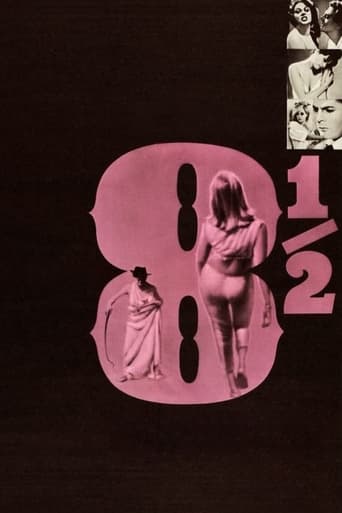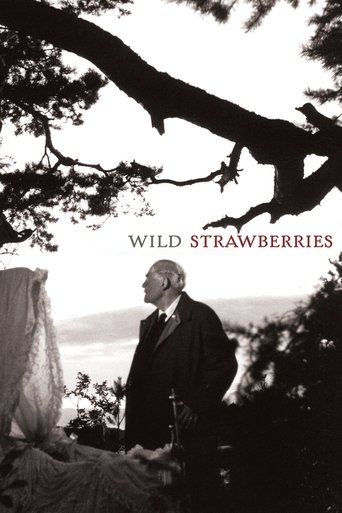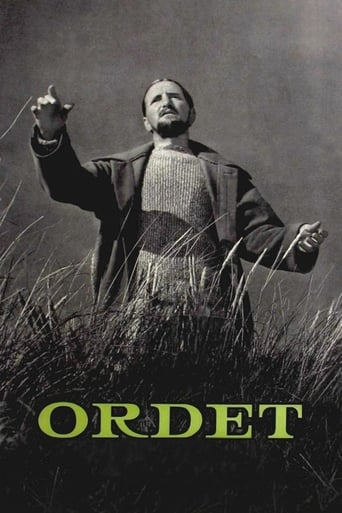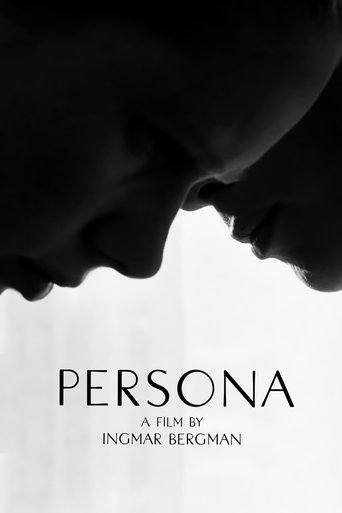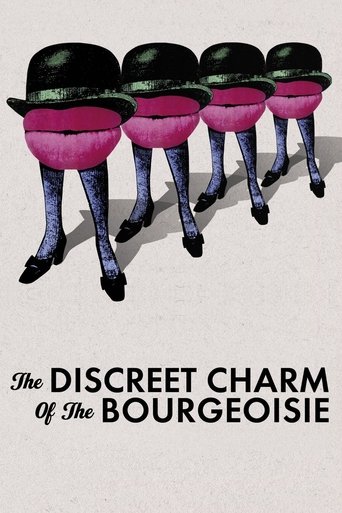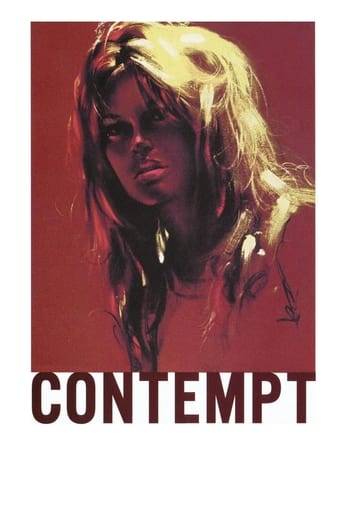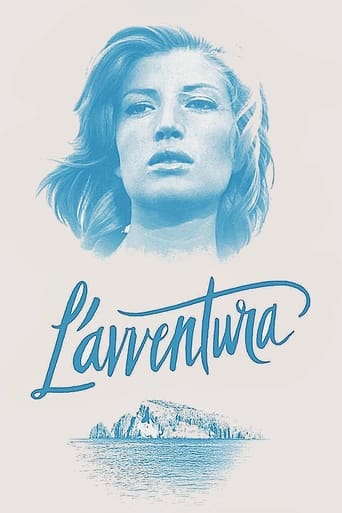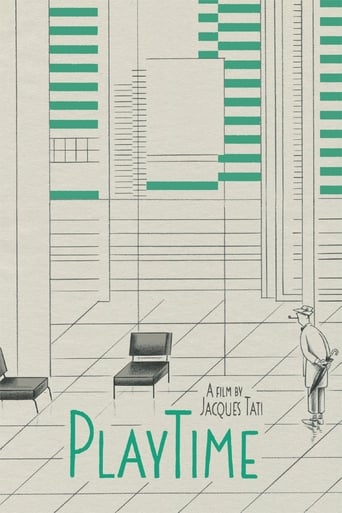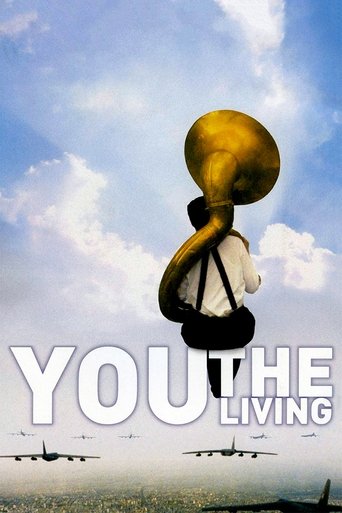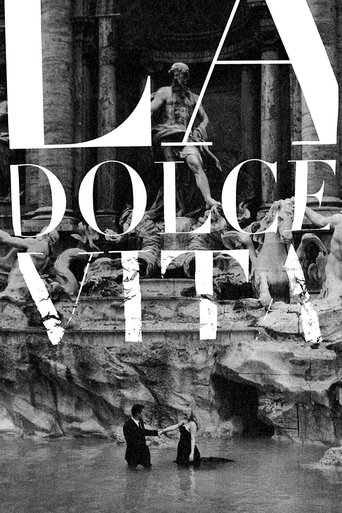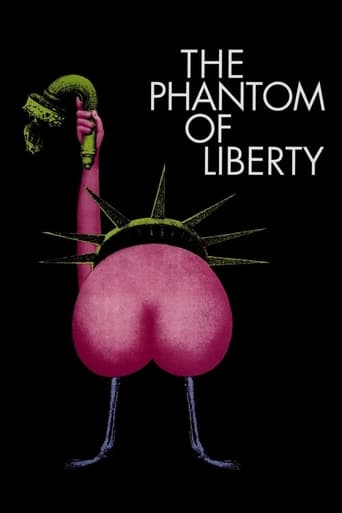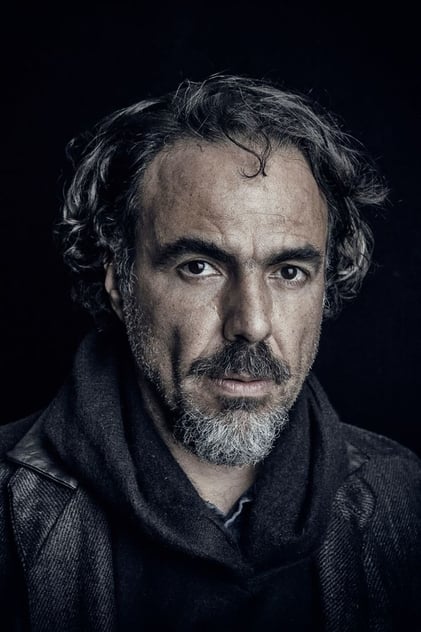
Alejandro González Iñárritu
Alejandro González Iñárritu (American Spanish: [aleˈxandɾo gonˈsales iˈɲaritu]; credited since 2014 as Alejandro G. Iñárritu; born August 15, 1963) is a Mexican film director, producer and screenwriter. He is the first Mexican director to be nominated for the Academy Award for Best Director and the Directors Guild of America Award for Outstanding Directing, for Babel (2007). Iñárritu's six feature films—Amores perros (2000), 21 Grams (2003), Babel (2006) (comprising the "Death Trilogy"), Biutiful (2010), Birdman or (The Unexpected Virtue of Ignorance) (2014), and The Revenant (2015)—have garnered critical acclaim and numerous accolades, including Academy Award nominations and wins. In 2015, Iñárritu won the Academy Award for Best Director, Best Original Screenplay, and Best Picture for Birdman. The following year, he won the Academy Award for Best Director for The Revenant, making him the third director to win back to back Academy Awards, and the first since 1950. He is friends with fellow Mexican directors Guillermo del Toro and Alfonso Cuarón, collectively known as "The Three Amigos of Cinema."
| Known for | Directing |
|---|---|
| Born | 15 Aug 1963 |
| Place of birth | Mexico City, Distrito Federal, Mexico [now Mexico City, Mexico] |
Favorite films
-
That film has inspired and gave courage to all filmmakers to be brave enough to be able to talk about our own psyche and subconscious and fears. Fellini really taught all of us that alchemy of putting the camera inside and look inward, and then, going out and making that dream.
-
Wild Strawberries is just such a master exploration of the seeking. Bergman, like Fellini, was exploring his own fears, his own demons. There’s some sequences that are super inspired, and I think they have inspired every filmmaker in the world. They’re that significant.
-
Ordet is a modern and relevant film as much as it was 65 years ago. Everybody talks about the ending, but Johannes reciting at the top of that hill is as miraculous as the rest of the film. Only Dreyer could dilute such a theatrically blocked composition and turn it into a completely cinematic experience.
-
From the opening credits to Bibi Anderson’s sexual monologue, to how the eyes of Liv Ullman look at the camera, or how each silent moment is lit and framed, sober and perfect: you know you are witnessing greatness. This is a walk in the mind of Bergman.
-
Buñuel once said that “…a film is a dream being directed.” The Discreet Charm Of The Bourgeoisie is precisely that, a dream inside a dream that is dreamt by the dream of another dreamer.
-
There is something in this movie, so that every time I hear the Georges Delerue theme start playing over and over again, even when I know it will stop abruptly, I feel a deep melancholy and my eyes water.
-
There is a luminous duality coexisting in every frame of this film — the beauty and hardships of the physical world and the spiritual meaning in the interior life of Rublev.
-
Antonioni is for me a cinematic animal. Every one of his films contains its own pace and language. L’Avventura's beauty and complexity is almost uncomfortable. Its ending always leaves a void within me which can only be filled by watching it again.
-
Tati saw the world 50 years ahead of his time and he commented on it. Sonically and visually, each little detail in every single frame of this massive-scale film is obsessive and elegantly clever. Only Tati’s unique timing and blocking could have made something so precise and controlled extremely funny.
-
This transparent and deep observation of human frailty transpires in each of those faces and those locations. It’s the highest manifestation of intelligence, which is empathy.
-
The train fantasy scene with the newlywed couple on their honeymoon while the rock star plays guitar is for me one of the most beautiful moments made in cinema.
-
When I saw this film for the first time, I was very young and I will never forget the shock I felt when Marcello finds out about Steiner’s tragic end. It’s a cinema moment that changed something deep in me and triggered philosophical thoughts, fears and questions.
-
I love the trilogy of Luis Buñuel. … Those were the last films in his career, and I feel that he liberated himself from any form, any border and dissolved every conception of genre or anything. The Phantom of Liberty — which is an incredible name, The Phantom of Liberty! — and this film is that. When you grasp that amount of freedom and liberty in filmmaking, it arrives to a subconscious language of dreams and freedom that is just outstanding.
